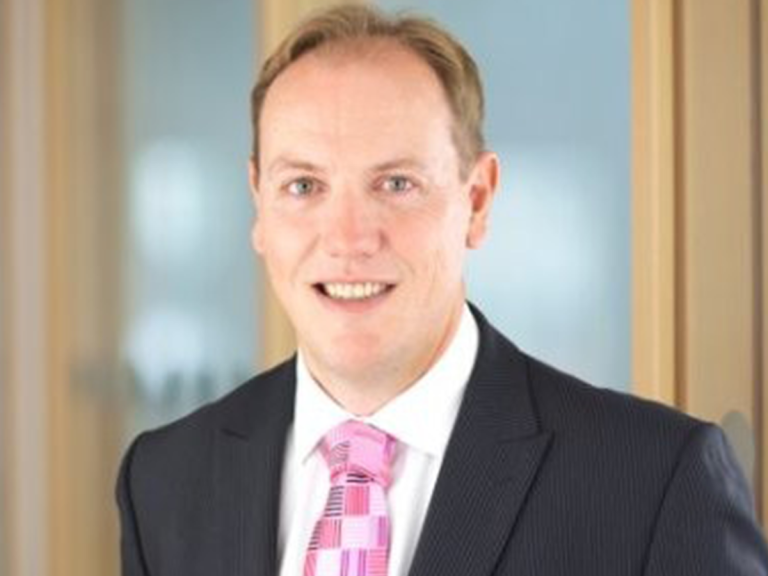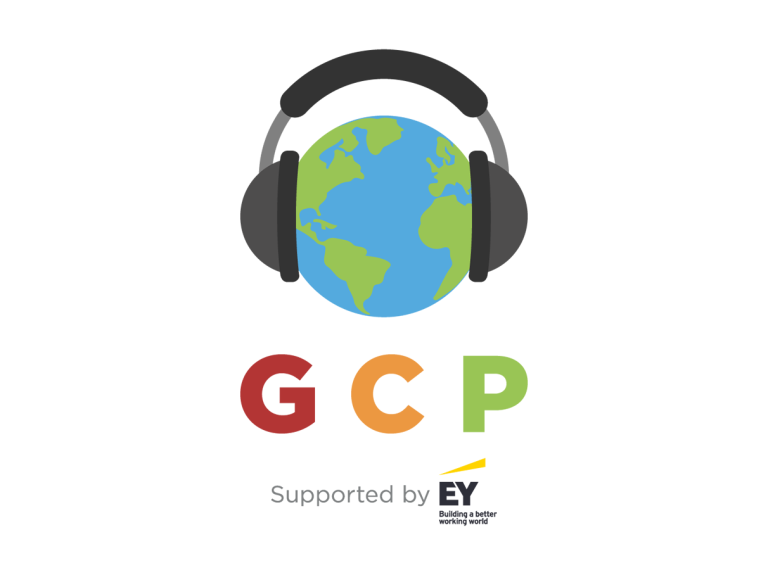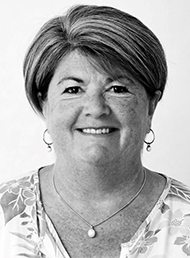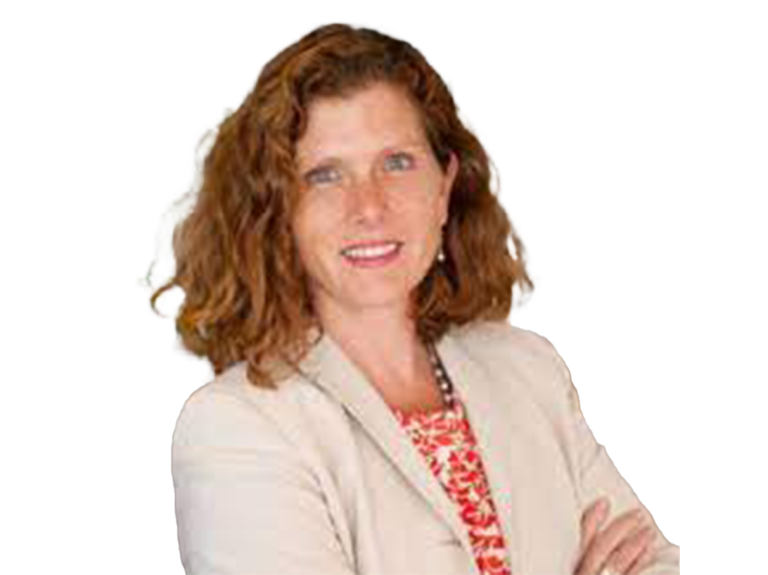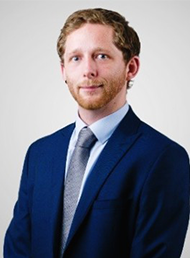While London’s leading position as a global risk transfer centre and the insurance expertise already in place will be the unique selling proposition of a UK captive domicile, regulatory understanding and responsive will be the ultimate factor as to whether it succeeds or not.
Captive Intelligence reported last month that the UK government’s City Minister Andrew Griffith MP, also Economic Secretary to the Treasury, hosted a roundtable meeting on 18 September with the London Market Group, regulators, Airmic, captive owners, brokers and insurers to discuss the viability of introducing a captive regime.
Subscribe to the Captive Intelligence newsletter to receive our FREE twice weekly updates with links to news, analysis and podcasts.
The LMG has proposed an ambitious captive regime to ensure it can be viewed as a competitive option alongside established, international domiciles, calling for a new class of ‘captive insurer’ that would not be regulated under Solvency II or its proposed replacement, Solvency UK.
Speaking on episode 94 of the Global Captive Podcast, LMG CEO Caroline Wagstaff explained why the group is lobbying for this initiative, while Charles Winter, head of strategic risk consulting at Aon Global Risk Consulting, noted what made a successful domicile and the potential appeal of the UK.
Wagstaff said that as the world’s leading insurance and risk transfer hub, it felt odd that captives did not have a place in London.
“The driving imperative for us is that London is the global risk transfer centre of the world,” Wagstaff said.
“It writes more premium than any other insurance centre, but there is no captive regime, no captives here in the UK. We feel that if you’re going to be the global centre of risk transfer, you need all the tools in the toolkit.”
She highlighted the LMG’s work with Treasury to introduce an insurance linked securities (ILS) regime in 2017, and once that was “ticked off the risk transfer list”, captives were the next target.
“Captives seemed like a very obvious thing to start looking at, particularly, in the sense that we hit the right bit of the cycle,” she added.
“Prices are rising, demand for risk retention is growing. People are looking at new types of risk and how they manage that. It just seemed like the stars were aligning that should be something we should look at.”
Winter said between 60% and 70% of UK-owned captives are domiciled in Guernsey and the Isle of Man, while jurisdictions such as Bermuda, Ireland and Gibraltar lead the way after the two nearshore financial centres.
“The key starting point is really a regulator that understands that a captive is not a commercial insurance company,” Winter said, in comments similar to those made by Airmic last month.
“Once you have that everything else sort of flows with it, that you don’t have the systemic issues, you don’t have the same consumer protection issues. What that boils down to is the word we’ve mentioned already, and I’m sure we’ll mention again, ‘proportionality’.
“What gets the attention is things like capital regimes, the amount of capital initially required, the solvency regime around it, but in some ways, as important as that, are things like the mechanics of actually making it happen. That would be: what are the reporting requirements, how frequent, how detailed? What are the governance requirements, can we continue to use outsourced staffing models which is key to the way the majority of captives operate.
“Then that feeds through to manageable cost, it feeds through to burden on management time for what is a vehicle to facilitate core business, not core business in itself as it would be for an insurance company.”
Winter also highlighted the importance of regulatory speed and responsiveness.
Subscribe to the Captive Intelligence newsletter to receive our FREE twice weekly updates with links to news, analysis and podcasts.
“Captives have different planning cycles to commercial insurers,” he added. “Their business plans are very specific, usually to a set of policies as opposed to a market.
“Which means when things change into renewal, you’re working to days or weeks to sort things out, not months. So that responsiveness is key. The domiciles that are successful at building captives usually have that.”
The LMG believes primary legislation will not be required to be passed by Parliament to introduce a ‘captive insurer’, meaning their aims can be achieved through secondary legislation.
“We need the rule book to be changed, but mainly we need the Prudential Regulation Authority (PRA), as Charles has said, to understand that these are a completely different class of insurer,” Wagstaff added.
“We want to work really closely with the PRA to help make them comfortable about where the risks may and may not fall, and that they can respond in a way that is going to make this an attractive regime.
“It could be perfect on paper, but of course if the regulatory delivery is not what it needs to be then we’re sort of in a worst of all possible worlds. One of the biggest investments of time that we want to make is to get the PRA to the place that makes them happy.”


